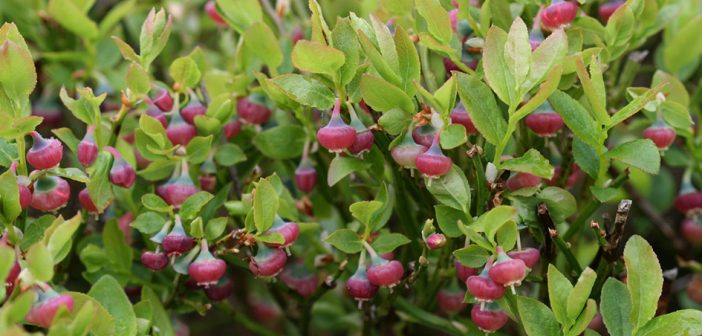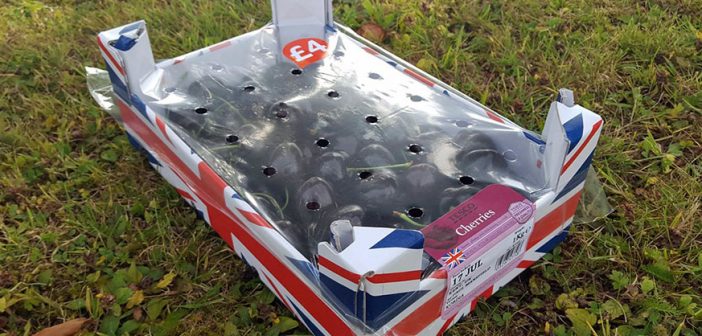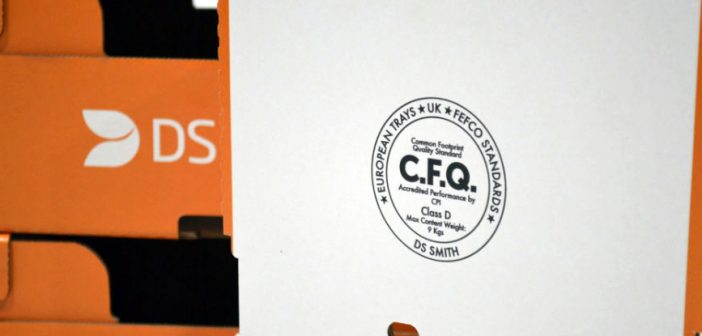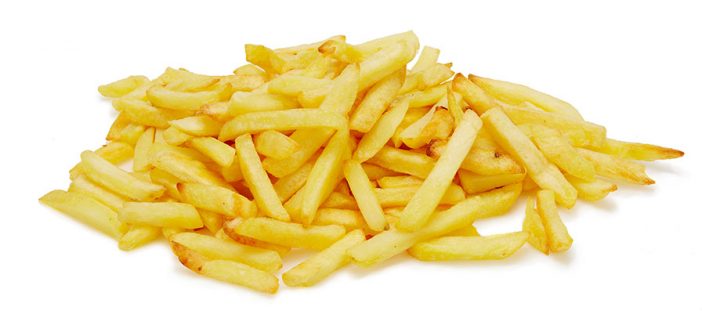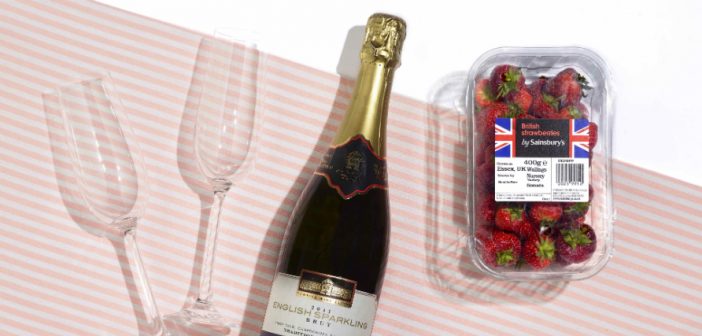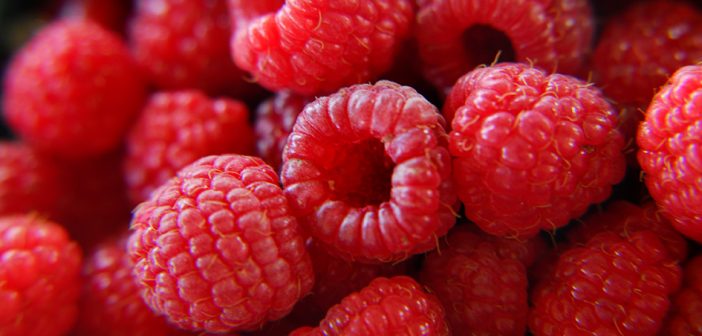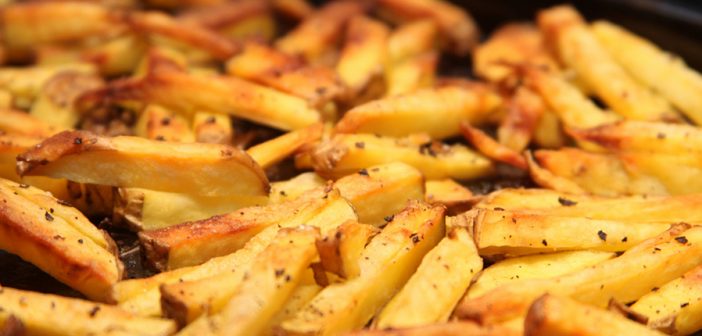A report by 2016 Nuffield Scholar Jan Redpath of Angus Soft Fruits suggests that late season cherry production could provide a lucrative crop for Scottish growers prepared to invest in suitable production methods.
In Cherries: the late season opportunity, Mr Redpath argues that, ‘Late season cherries can be produced successfully and profitably in climates as demanding as Scotland’s.’ His conclusion comes after visiting growers in Chile, New Zealand, Australia, the USA, Canada and Norway, as well as closer to home in the UK and the Netherlands.
“Visits to Norway and Tasmania in particular showed that climatic adversity can be overcome with robust covering methods,” he explained. “Ongoing research in Europe and North America is likely to lead to better later varieties. I additionally noted that storage techniques exist that enable ‘not so late’ varieties of known potential to give a safe option to season extension.”
Mr Redpath added, “We should not be afraid to grow cherries under covering systems developed specifically for cherries – these have been proven in some demanding climates. New entrants to late cherry production must pay great attention to the pruning requirements, especially during tree formation. It’s vital to decide on a system prior to establishing the plantation, with an end in mind at that point. Lastly, we can grow great varieties that are known to work, and also store them well. This can be better than growing the very latest variety that may have other lesser characteristics and may not store so well.”
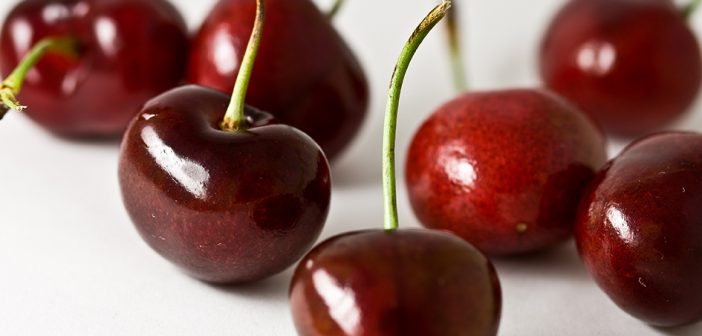
Photo Credit: Wikipedia Commons
The post Late season cherries could be profitable appeared first on Hort News.

